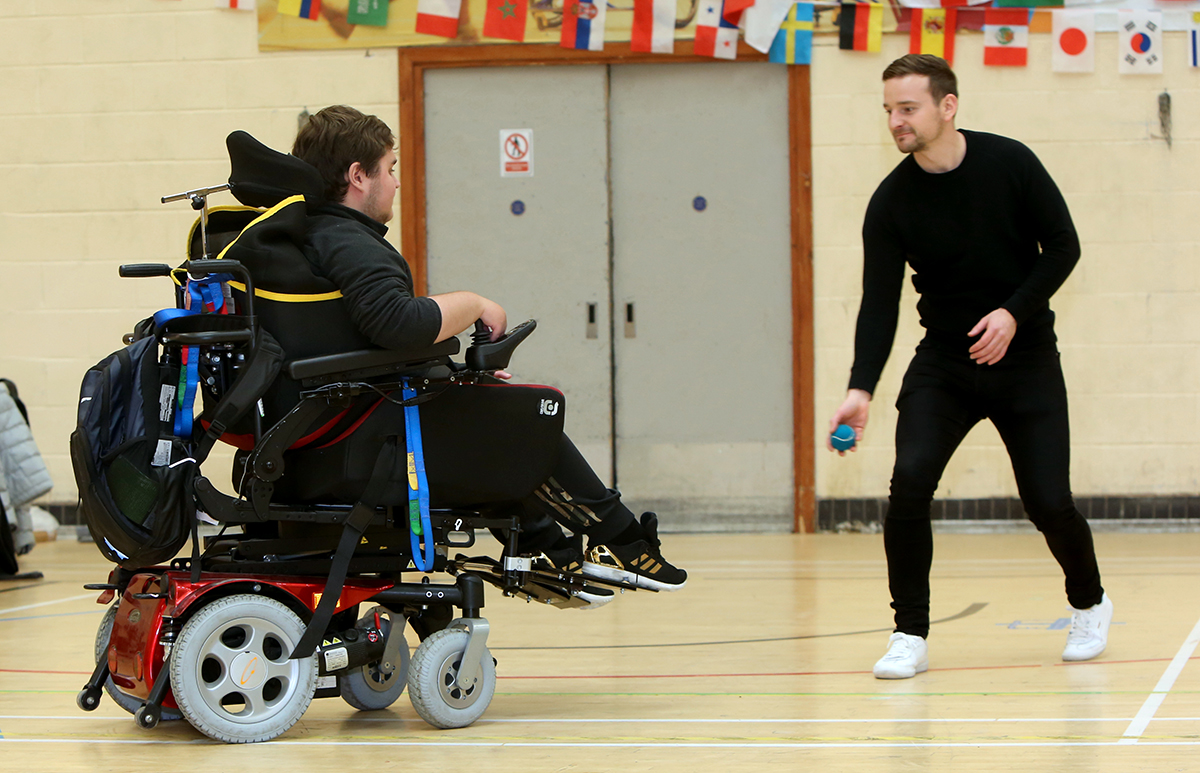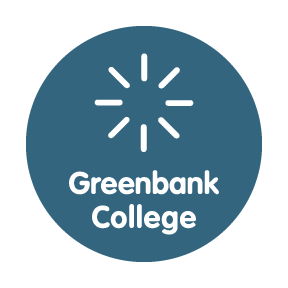Educating the future workforce for inclusion in sport and physical activity
To allow disabled participants to have full access to sport and activity, it needs to be inclusive.
In the first report by the Activity Alliance produced in January 2020, they identified key requiring further development and support to engage and provide access for disabled adults in physical activity or sport. The report identified that “four in five (81%) disabled adults want to do more activity than they currently do compared with fewer than three in five (57%) non-disabled people” highlighting the need for activities and provision for disabled participants. It was also shown that “just four in 10 (40%) disabled people feel they are given the opportunity to be as active as they would like to be compared with seven in 10 (71%) non-disabled people” identifying that there is a clear gap in the opportunities being offered to disabled athletes. Resulting in a more negative experience for many disabled people, including social isolation.
Benefits of inclusion in sport
The benefits of sport and physical activity are huge and not only impact a person’s physical wellbeing but their social and mental health. To allow disabled participants to have full access the sport or activity needs to be inclusive. Introducing inclusion in sport may be about making adaptions for the individual or individuals to enable them to take part, using different equipment to allow them to access the sport. This could be, for example, using a bigger bat in rounder’s or allowing two bounces in a game of tennis. In creating sports that are inclusive, we are able to offer disabled people the opportunity to play alongside their peers, to be a part of the team. Allowing them the social enjoyment and mental relief that physical activity can bring as well as the physicality.
How Greenbank College are tackling inclusion in sport
One of the recommendations to come out from the Activity Alliance report was to “design and lead a choice of accessible activities for disabled people to take part in”. We are working to tackle this by offering a Disability Sport Coaching & Development Foundation Degree in partnership with Liverpool John Moore’s University (LJMU). The course offers everything that other Sport Coaching and Development courses offer but with the added specialist knowledge elements of disability and Paralympic sport. After two years’ students will graduate, with a Foundation degree, and will have a wider scope for career progression with specialist knowledge of how to make sport and activities inclusive for people of varying abilities which forms part of being a good coach. For those wanting to continue to study and increases level of qualifications there is the opportunity to progress to further courses. One route is the articulation to the third year of the BSc Sports Coaching at LJMU.
The course is delivered at Greenbank Sports Academy campus where staff have a wealth of experience in the disability sport field so students will have access to expert knowledge and work experience opportunities. Work based learning plays a key role and opportunities to deliver sessions and competitions are widely available providing real-life work experience alongside studies.
Programme Leader, Rachael Grace, said:
“The foundation degree provides a unique opportunity to start study at HE level for those interested in sports coaching. It has the added bonus of a strand focused on disability sport equipping our students to become inclusive, supportive and adaptable coaches”
Former student, Laura Copestone (Now employed as Sports and Challenge Events Co-ordinator for The Guide Dogs for the Blind Association UK) said:
“I chose to undertake the course not only as it was a topic I am really interested in, but because of the support I was offered as a disabled student. I enjoyed the entire experience and was encouraged to ask for any help I needed throughout. From the one-to-one support, technical support and lecturers being ‘deaf aware’, it was a great environment for me to enjoy my studies.
Upon completing the foundation degree I progressed onto LJMU and then took a gap-year and travelled around the world with my now husband. I now work in the charity sector as a Sports and Challenge Events Co-ordinator, and get to work at awesome events such as the London Marathon and Crufts. I really cannot recommend this degree enough for those considering it.”
Find out more about the course
Sources
Activity Alliance, Activity Alliance Annual Disability and Activity Survey, January 2020 http://www.activityalliance.org.uk/how-we-help/research/5563-activity-alliance-annual-disability-and-activity-survey-january-2020 [accessed 1 February 2021]
Press release distributed by Pressat on behalf of Greenbank College, on Tuesday 23 February, 2021. For more information subscribe and follow https://pressat.co.uk/
Inclusive Sport Inclusion In Sport Disability Sport Higher Education Inclusion Disability Education Education & Human Resources
You just read:
Educating the future workforce for inclusion in sport and physical activity
News from this source:




